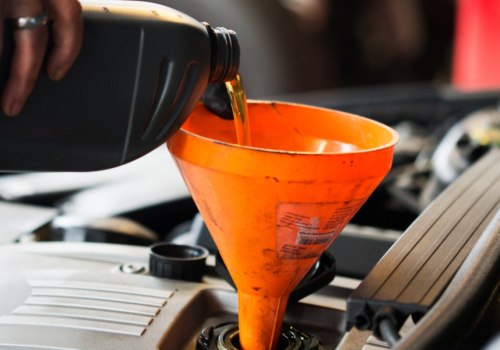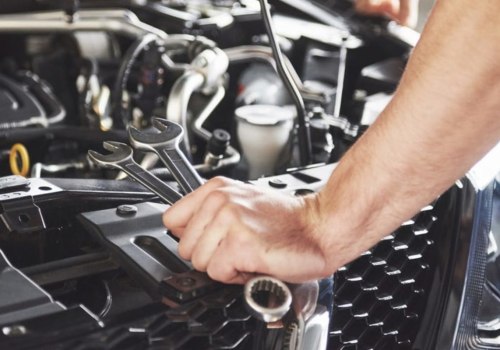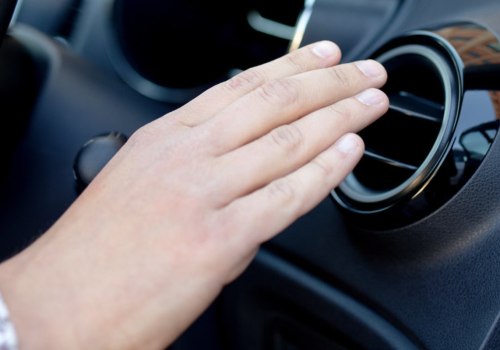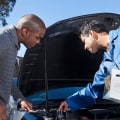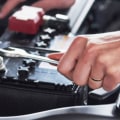Vehicles are machines and, like any machine, they require regular maintenance to keep them running smoothly. For most vehicles, maintenance should start at 5,000 miles and continue every 5,000 to 10,000 miles. Of course, checking your car more often is even better. Tires should be inflated when they are cold (driving less than a mile) to get an accurate reading.
If that's not possible, add 4 PSI to the recommended amount, as Bridgestone Tire explains. Check your spare tire while doing so and confirm all pressures with a tire gauge once the tires have rested. It's important to check that the V-belts and serpentine belts are tight and in good condition. If they are frayed or worn out, it's time to replace them.
Leaking, cracked, or brittle hoses should also be replaced. Don't forget to check the cabin air filter located somewhere under the dashboard (often behind the glove compartment). When it comes to oil changes, it depends on the type of oil you use. If your car uses conventional engine oil, you'll likely change it every 3,000 miles or every 3 months.
If your car has synthetic oil, you should probably change it every 5,000 to 10,000 miles or between 6 and 12 months. Consult your owner's manual or contact your dealer if you are unsure what type of oil is recommended for your specific vehicle. It is recommended to rotate tires every 5,000 to 8,000 miles. The professionals at the Toyota Service Center are experts in maintenance and tire rotation is just one of many services they can offer you.
When you perform car maintenance at regular intervals, you keep your trip in good working order and help avoid costly mechanical repairs in the future. Proper car maintenance has many rewarding advantages that don't have to do with getting from point A to point B.Basic car maintenance typically involves overhauling or replacing parts such as spark plugs, cables, fluids, and serpentine belts. Taking care of your car by performing preventive maintenance helps ensure you have safe and reliable transportation. But do you need to pay a mechanic to service the vehicle? You can take care of a large part of the basic maintenance of your vehicle by following the tips below.
Between work, family events, and dozens of other obligations people have, basic car maintenance can get in the way. There are many other parts in your car that will require maintenance at some point in the life of your vehicle. Consult your vehicle's owner's manual and find out when recommended car maintenance services should be scheduled. Remember that basic car maintenance can save you a lot of money and maintain the value of your car in the long term.
